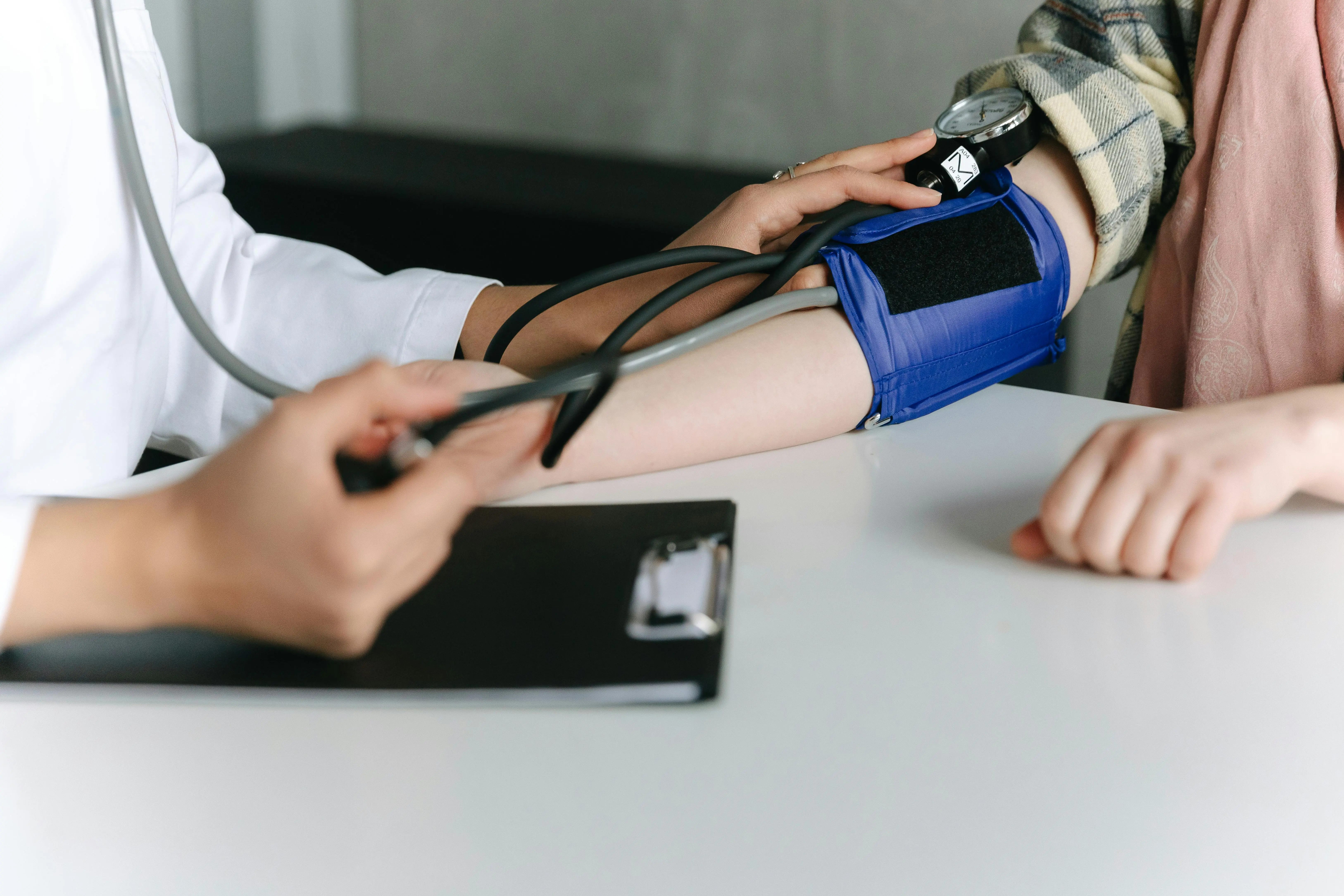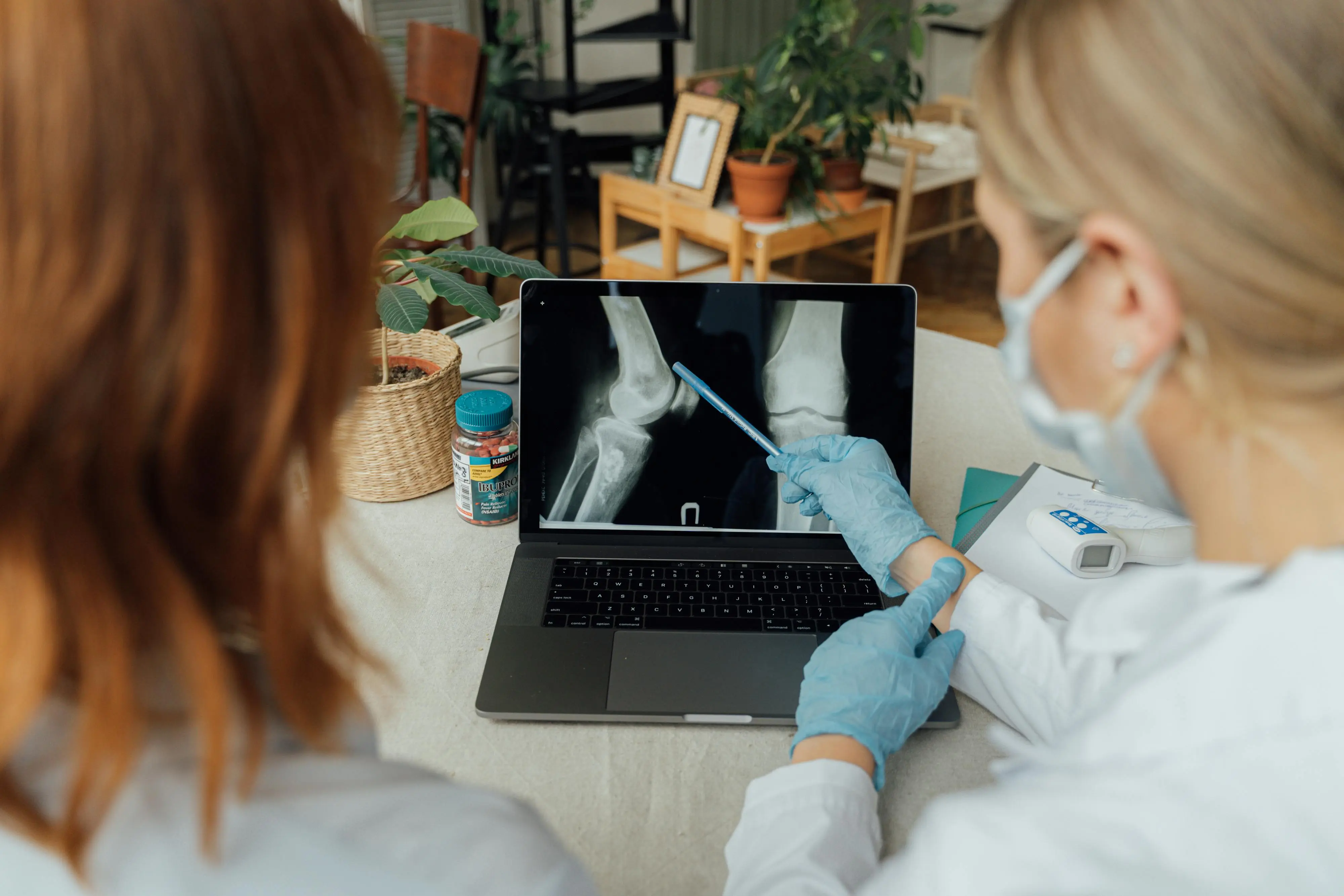How does gabapentin work to treat anxiety?
July 16, 2025

Disclaimer: Human Health is not recommending any specific medical treatment for any particular symptom, nor providing any other medical advice. Always seek the advice of your doctor regarding any medical concern.
Anxiety is a mental health condition characterized by feelings of excessive worry that is difficulty to control, and may present as feelings of restlessness, fatigue, and irritation. It may also be accompanied by sleep disturbances, muscle tension, and difficulty concentrating.
There are a variety of medications that are prescribed to manage anxiety. Gabapentin is not approved by the FDA to treat anxiety, however, some clinicians may recommend use of gabapentin if they believe there is sufficient evidence to indicate that it may improve a patient’s symptoms.
What type of medication is gabapentin?
Gabapentin is classified as an anti-convulsive medication. It is primarily used for the treatment of seizures and nerve pain.
It’s usually taken by mouth, in the format of a capsule, tablet, or liquid. It’s available under a couple of brand names, including Gralise and Neurontin.
Chemically, gabapentin is structurally similar to a hormone in the brain called gamma-aminobutyric acid, also known as GABA.
How does gabapentin work?
It’s not entirely clear how gabapentin works. Researchers believe that the main way gabapentin affects the brain is by limiting the release of chemical messengers from nerve cells. Hyperactivity of nerve cells may cause seizures and nerve pain, which is why gabapentin may be effective for these conditions.
There is not a lot of evidence from the clinical use of gabapentin to explain how or why it works for some patients with anxiety. However, some research suggests that gabapentin may improve symptoms of social anxiety and panic disorder.
What are the side effects?
The most common side effects of gabapentin may include:
- feeling drowsy
- viral infection
- nausea and vomiting
- difficulty with speaking
- jerky movements
- tremor
- difficulty with coordination
- swelling, usually of legs and feet
- double vision
- feeling tired
- unusual eye movements
- fever
Thinking about talking to your doctor about changing your treatment plan?
It can be hard to keep track of when to take your treatments, whether they’re improving your symptoms, and any side effects you may be experiencing.
Human Health is a free health tracking app you can use to keep a record of which symptoms you’re experiencing and how they’re changing over time, as well as any treatments you may be taking. The app will even send you notifications to remind you when to take them.
Using a health tracker may help improve communication with your doctor, by providing them with a comprehensive overview of your current treatment plan and how it may be affecting your overall health.
Click here to download Human Health.
We hope you found this article helpful. If you think someone you know could benefit from learning about gabapentin, please share this article with them. We’d love for our resources to reach those who need them.
Resources
- Gabapentin (Neurontin) Product Information. December 2020.
- Martin JC, Gainer D. Psychiatric Uses of Gabapentin. Innov Clin Neurosci. 2022 Jul-Sep;19(7-9):55-60.
This is a div block with a Webflow interaction that will be triggered when the heading is in the view.










.jpg)





.png)

